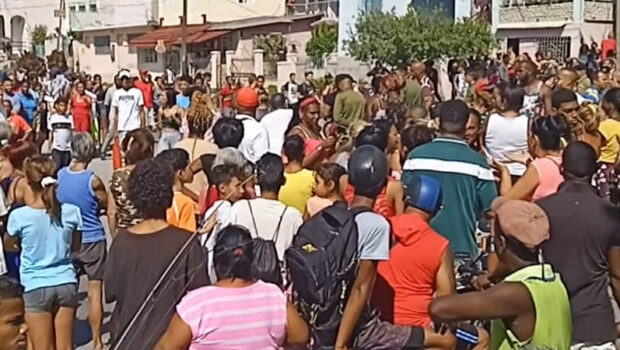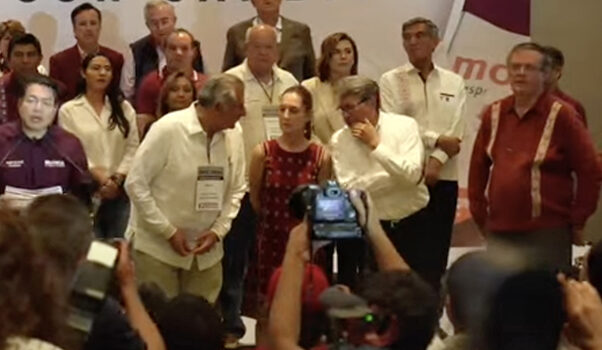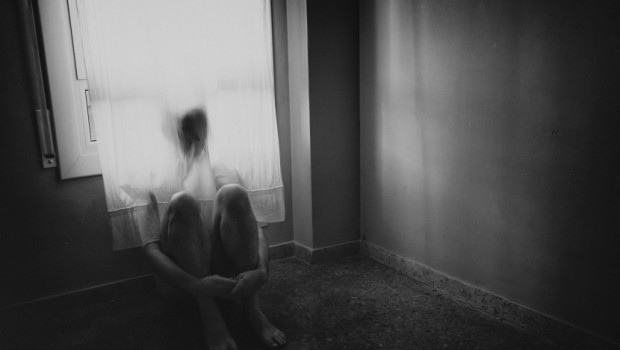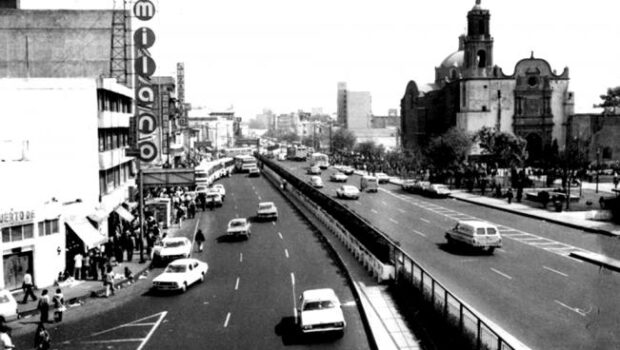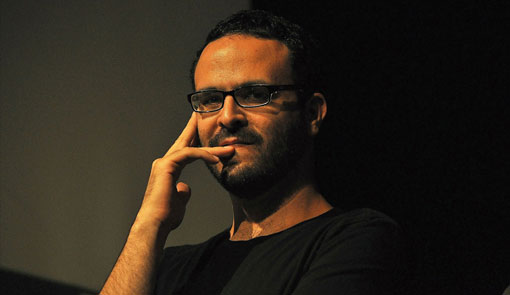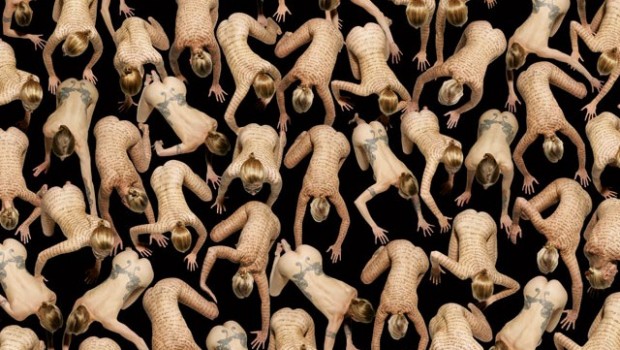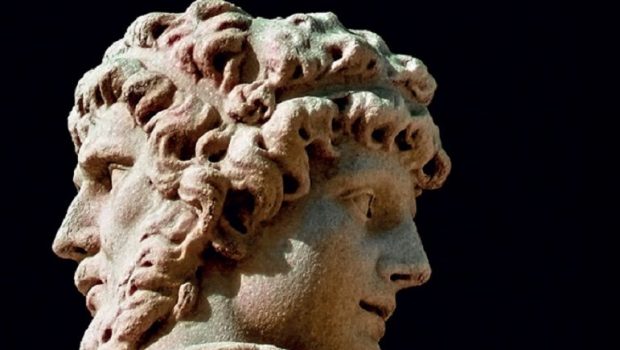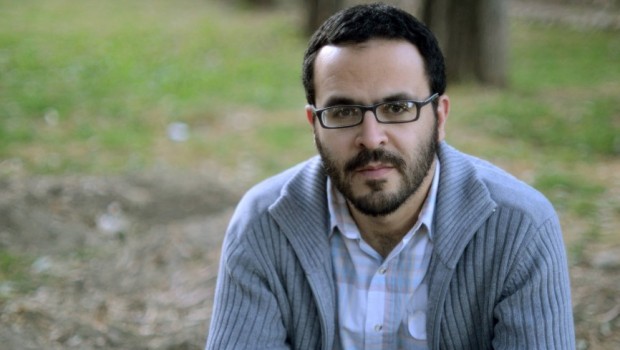CUBANS ARE TIRED OF WAITING
Armando Chaguaceda and Coco Fusco
|
Getting your Trinity Audio player ready...
|
Islanders complain that the Cuban government sells most food available in hard currency at prices that are unaffordable for the majority, and journalists report that food donated as aid is sold at government shops.
Street protests broke out in Cuba on March 17, the largest wave of unrest since the mass demonstrations of July 2021. Although smaller protests and acts of vandalism against state property have taken place over the past three years, last weekends’ events drew international media attention due to their size and simultaneous occurrences in Santiago, Bayamo, Holguin, and Santa Marta. Foreign press coverage noted the protestors’ cries for food and electricity, understanding them as expressions of a population whose desperation intensifies as Cuba’s crisis worsens. Inflation is out of control, food is scarce and exorbitantly priced, the cost of gasoline has risen 400% in the last month, long blackouts are routine, and the health system is imploding. The cash-strapped Cuban government requested milk from the United Nation’s World Food Program for the first time in February. It is no wonder that over half a million Cubans have emigrated since 2021, in what is now the largest exodus the country has ever experienced.
In a display of noblesse oblige, Cuban authorities quickly responded to the March 17 protestors by distributing small amounts of chicken, sugar, rice, and milk in Santiago. President Díaz-Canel publicly acknowledged that the citizenry is suffering, but he claimed that the “Miami mafia” had used social media to exacerbate public discontent. He also blamed the US trade embargo for the shortages even though the United States exported over $300 million of food to Cuba in 2023. Islanders complain that the Cuban government sells most food available in hard currency at prices that are unaffordable for the majority, and journalists report that food donated as aid is sold at government shops. Nonetheless, the country’s problems don’t stop at food and the singular focus on material deprivation overlooks – or intentionally obfuscates — the political dimension of Cuban discontent.
On March 17, protestors in Santiago gathered in front of the local Communist Party office to accuse their leadership of failure to fulfil its longstanding promise to provide food to its population. Their cries were not limited to demands for food and electricity – they also yelled “liberty!”, “enough with the rhetoric”, “down with the dictatorship!” and “Patria y Vida”, the battle cry of the July 2021 protests. Cuban officials that tried to placate crowds received a hostile response – “you weren’t elected!”. On March 18, crowds gathered outside the police station in the town of El Cobre to protest the incarceration of political prisoners. Two weeks earlier, activist Ramón Jesús Velázquez Toranzo had called on Cubans to gather at the sanctuary of the Virgin of Charity at El Cobre to pray for their country. He was arrested and taken to State Security headquarters in Havana.
Despite Díaz-Canel’s allegations that Cuban exiles are engaging in “terrorism”, what abounds this week in the Cuban media sphere are short speeches by dozens of musicians, artists and public figures in the diaspora asking the Cuban military and police to refrain from using violence against their fellow countrymen. Commentaries in opposition media analyze the significance of the island protests. Entirely non-violent copycat demonstrations of in the Cuban diaspora resemble marches for many other causes around the globe. The rest of the world has its eyes on more dramatic scenes of warfare in Europe and the Mid-East right now, but the Cuban diaspora has spent six decades witnessing the slow and steady destruction of its homeland by kleptocrats and listening to testimony about the daily practices of of state violence: arbitrary arrests, the interrogation, harassment and detention of suspected dissidents and the expulsion of non-conformists. Cubans have listened to endless declarations from their government blaming Yankee imperialists and the so-called blockade for all their woes, and they’ve had enough. “Basta con la muela,” which was yelled at government officials essentially means “oh shut up already.”
It’s no surprise that a government that denies civil rights to its citizens would demonize exiles that criticize the regime. What is less understandable are the attitudes recently expressed by progressive members of the US Congress that disparage Cuban-Americans politicians’ concerns about their negotiations with the Cuban government as “hyperbolic and meritless”. Why would progressive politicians whose political capital depends on their support for civil rights and empowerment of minorities seek to dismiss the concerns of the immigrant community with the closest ties to the country in question? Does this stance not mirror the Cuban government’s efforts to delegitimate oppositional voices by regulating public speech, forcing Cubans into exile, and stripping them of their nationality without grounds?
The demonstrations of March 17 have resulted in only a few arrests – thus far, there have only been reports of eleven arrests in Bayamo. But more than 700 political prisoners arrested during the July 2021 protests remain in prison. Family members defy restrictions on the use of social media to denounce the draconian sentences, horrific conditions, and declining health of their incarcerated relatives. This week, the daughter of political activist José Daniel Ferrer, the leader of the Patriotic Union of Cuba arrested in July 2021, was finally able to see her father after more than six months without contact and reported that he was so weak that he had difficulty sitting up. Cuban activists and independent journalists collect information in a society where governmental transparency does not exist and bring their findings to the European Parliament, the UN, the OAS, and international human rights organizations. Recently, the United Nation’s Human Rights Council’s universal periodic review made thirty-one recommendations to the Cuban government, including the liberation of the country’s political prisoners, all of which were rejected. Despite the regime’s public acknowledgement that its people are hungry and tired of misery, systematic repression of political activism remains the rule.
Both the Obama and the Biden Administration have promoted the idea that independent business could be the magic bullet that ushers positive change into Cuba. Last year’s hoopla about MIPYMES (small businesses) was the latest version of this trend, but no such enterprise cannot survive without consumers. The majority of islanders live in extreme poverty and tourism has dropped by more than 40% since 2020. The cash flow needed to sustain business comes from elsewhere, most significantly from Cuban exiles, the community that has been reviled and exploited by the Cuban government for decades. Cubans in the diaspora send billions of dollars in cash, food, medicine, appliances, and other supplies to islanders every year. We are torn between a moral commitment to family and a political quandary in which we subsidize a system that we do not accept as legitimate in order to keep people we love alive. As inflation continues to rise in Cuba and the value of those remittances dwindles, many Cuban-Americans now prefer to pay for family members to emigrate.
The Cuban government talks about food so that it doesn’t have to talk about the failure of its social contract, but protestors on the island and activists in the diaspora are united in calling attention to the political dimension of Cuba’s crisis. With its public sector eviscerated, all the state has left is repression to hold onto power. Progressive congress members and Cuban solidarity groups that make quick trips to the island to mingle with state officials may argue that all of Cuba’s problems are the result of the embargo, but the Cuban diaspora has heard that story for long enough to see it as less than a half-truth. Restrictions on trade do not explain why oppositional political parties are outlawed, why external observers cannot inspect prisons, why police abuse the citizenry physically and psychologically or why inept ministers devise economic measures that wreak havoc. Even the European Union, which for decades has been firm in its economic support of Cuba, has begun to scrutinize the country’s poor human rights record. It’s time that American politicians who claim to be interested in Cuba listen with greater care to what Cubans on the island and around the world say about a government that harms them.
Armando Chaguaceda (Havana, 1975) Researcher at Gobierno y Análisis Político AC, Professor at El Colegio de Veracruz. He has specialized in the study of democratization and dedemocratization processes as well as the state-civil society relationship in Latin America and Russia. He is the compiler and co-author of six books and the author of around thirty academic articles on the aforementioned topics. His most recent book is La otra hegemonía. Autoritarismo y resistencias en Nicaragua y Venezuela, (2020, Colección Ideas & Estudios, Editorial Hypermedia, Columbia, EEUU).
Coco Fusco (New York, 1960) is an interdisciplinary artist, writer, and professor at the Cooper Union School of Art. She has produced six films about the conflicts between artists and the Cuban state during the 1960s, 70s, 80s and 90s. She is the author of Dangerous Moves: Performance and Politics in Cuba (2015).
Posted: April 12, 2024 at 10:48 pm


